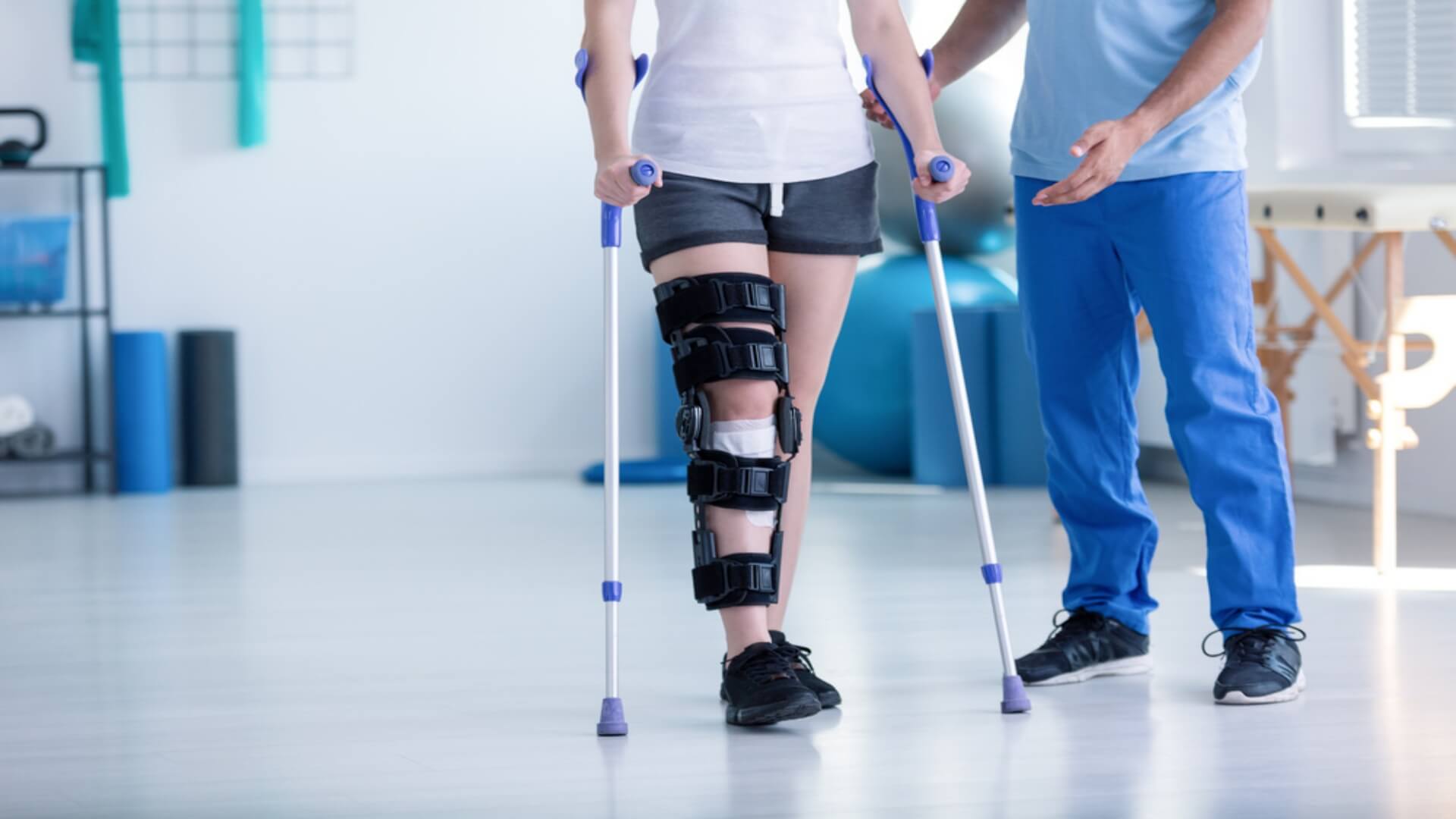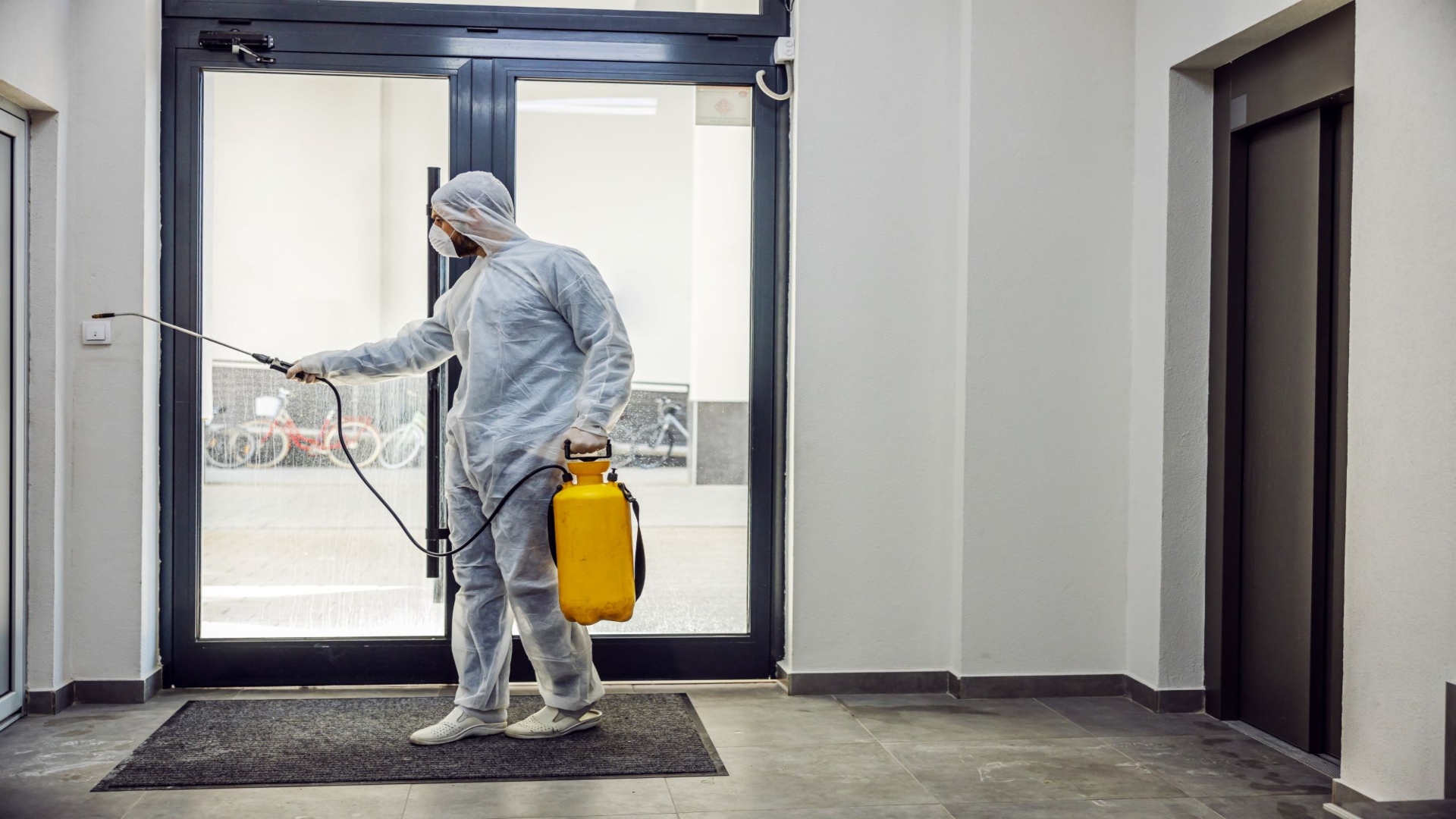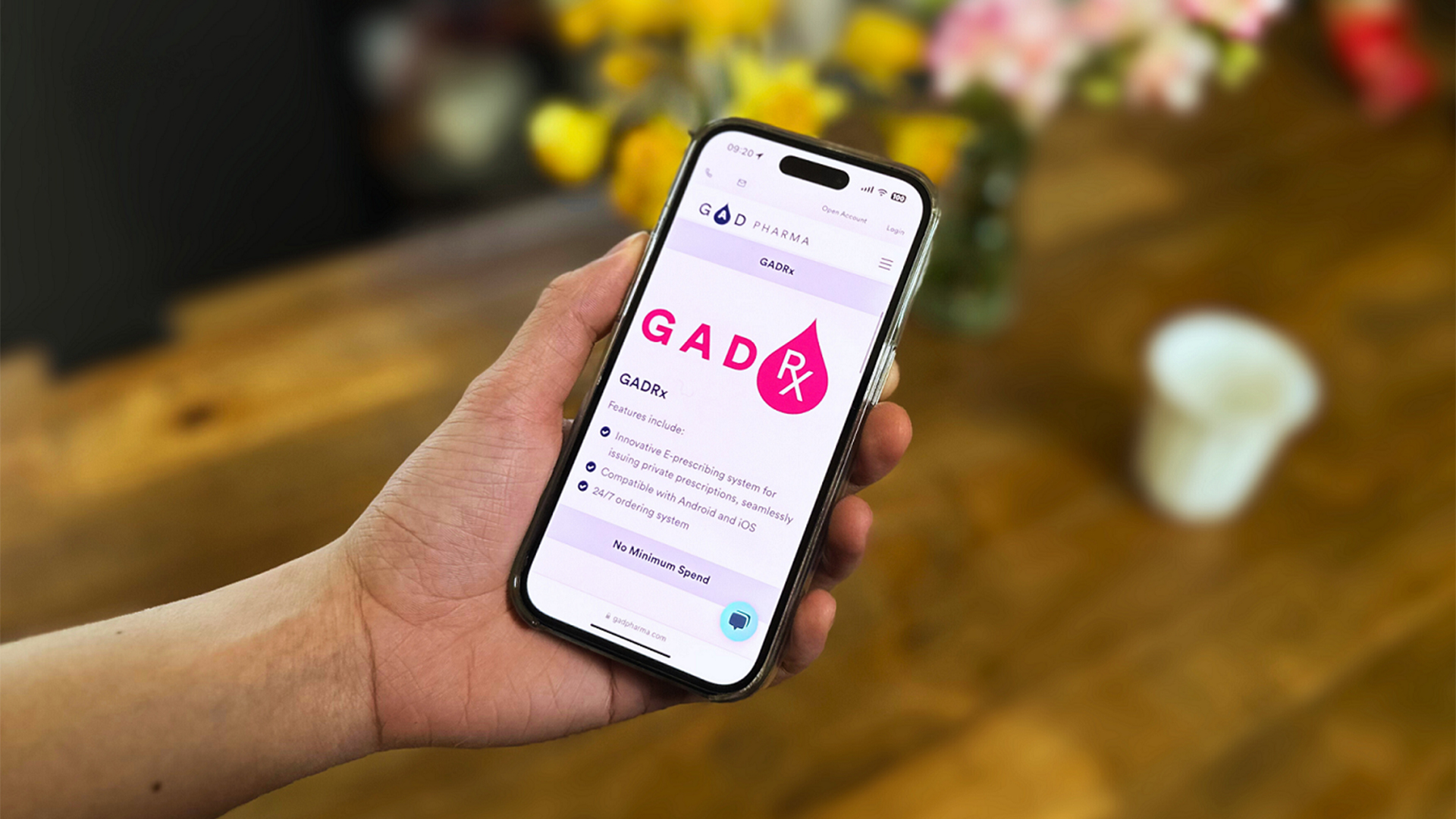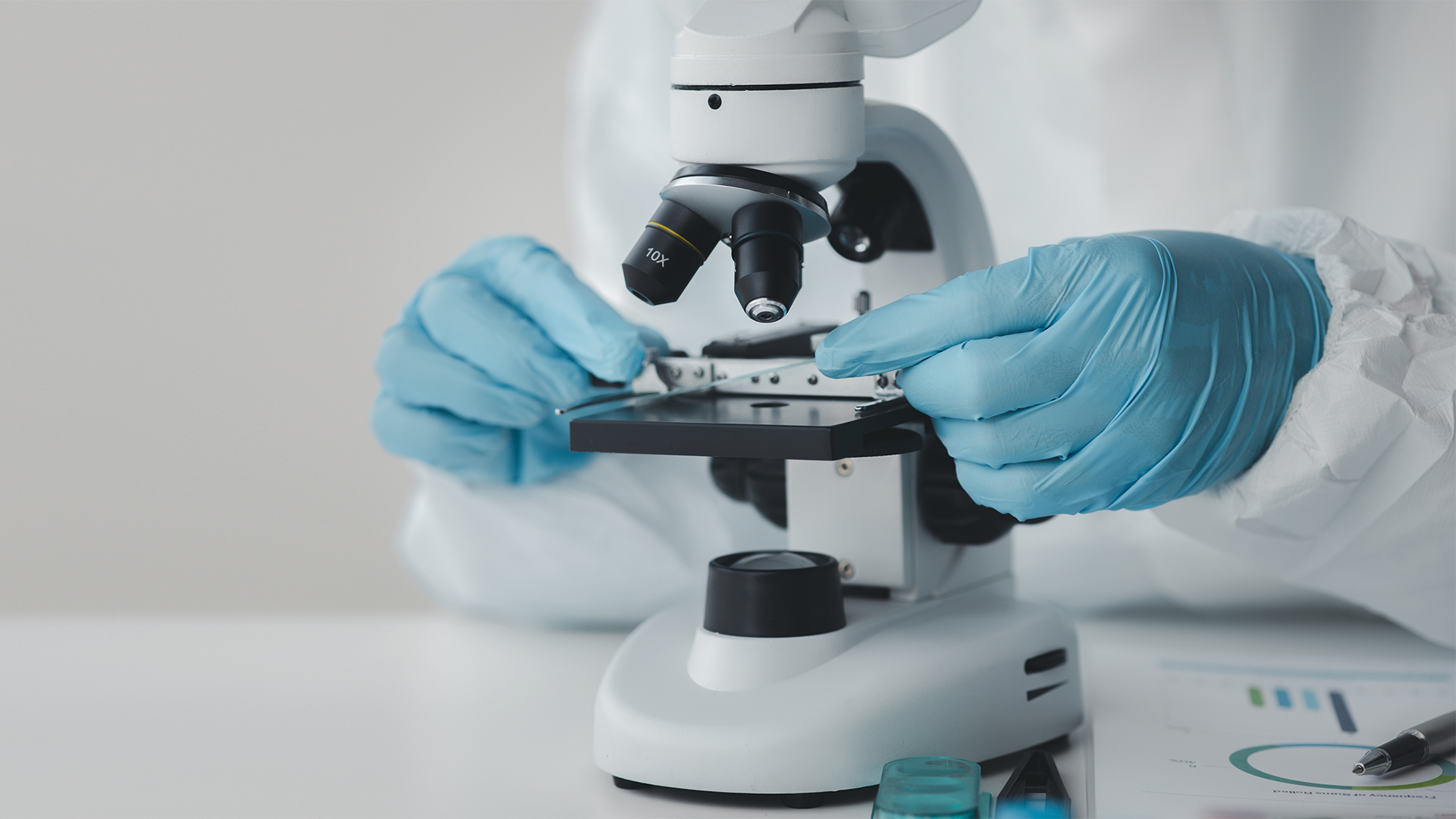Recovering from an injury, illness, or addiction isn’t easy. It can be extremely draining mentally, physically, and emotionally, especially if there’s no support readily available.
In fact, the stress and trauma associated with an injury or illness can take a toll on the victim’s life and can reach a point where they become extremely miserable. However, the recovery process can be more manageable with proper care and support from close friends and family.
If your loved one has suffered a significant injury or illness just recently, it’s essential to rehabilitate their emotional state to ensure a smooth and quick recovery. If you’re unsure how to go about it, this post is here to help. It illustrates several ways to help your loved one with recovery. Keep on reading to learn more.
1.Maintain Hygiene
After an injury or illness, a person’s immunity is usually weak, making them susceptible to different dangerous microorganisms. Thus, it’s essential to help your loved one maintain personal cleanliness to facilitate quick recovery. Helping a loved one maintain hygiene helps prevent infections and builds a deeper personal connection between the two of you.
Basic hygiene activities include oral hygiene, brushing, bathing, shaving, styling hair, and keeping their adjacent environment clean. While these may seem petty, they go a long way in helping a patient maintain their health. If you’re miles away from your loved one, you can check out Proper Good to identify hygiene sick care products right for them.
When performing hygiene procedures, it’s essential to disinfect your hands before touching the patient. If possible, wear gloves for extra protection. It’s also important to create a strong communication channel to encourage the patient to discuss their hygiene needs comfortably.
2.Diet Care
After an injury or illness, the foods and drinks one takes can either help or deter the recovery process. Therefore, designing a nutritious diet plan for your loved one can be a great way to help them through their recovery. If you’re unsure which healthy foods to include, you can talk to the patient’s doctor or visit eatpropergood.com to see a list of healthy foods best for a person recovering from injuries.
The foods to include in their diet include fruits, vegetables, proteins, and healthy fats. To be specific, check out the following:
- Leafy green vegetables – Leafy vegetables like spinach, kale, and arugula contain essential minerals and vitamins such as vitamin C, magnesium, and folate that help lower inflammation, boost immune function, and promote wound healing.
- Eggs – After an injury or surgery, your body requires more protein to recover. Eggs are the perfect sources of protein with vitamins A and B12, zinc, and iron which are essential immune boosters and help improve mental health.
- Berries – Berries are packed with nutrients and vitamins that promote wound healing by enhancing collagen production. Collagen is a protein in your body that enhances tissue repair and recovery.
- Nuts and seeds – Nuts and seeds like walnuts, pecans, and almonds are other foods to include in your loved one’s diet. They help fuel the body during the recovery period and contain vitamin E, which has antioxidant properties that prevent cellular damage.
- Sweet potatoes – Healthy carbs like sweet potatoes help in recovery as they provide the energy your cells need to heal. They have special enzymes like hexokinase and citrate synthase that help in wound healing.
3.Help Them Follow Medications
Poor adherence to medications is mainly associated with serious health complications, treatment failures, and even fatality. It can also lead to more costly hospital readmissions and treatments.
Therefore, to ensure your loved one recovers successfully it’s crucial to ensure they follow their prescribed medications and treatments. You can record the timing of dosage, and learn what drugs to mix. If possible, administer the medications yourself so that you can keep a clear record.
4.Encourage Communication
Emotional and mental trauma associated with serious injuries and illnesses can take more time to recover compared to physical symptoms. Many people suffer from anxiety, isolation, and depression after traumatic injuries and illnesses. Hence, you should accept them and be patient with them through the process. Talk to them and listen to their needs and assure them that everything will work out well.
Conclusion With the tips mentioned above, you can easily help your loved one through both physical and mental recovery. Consider creating a support team to help show compassion and support as doing it yourself can be overwhelming when you forget to take care of yourself.


















